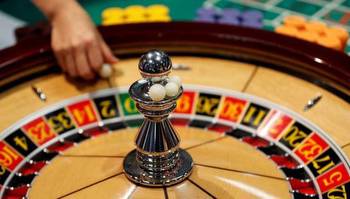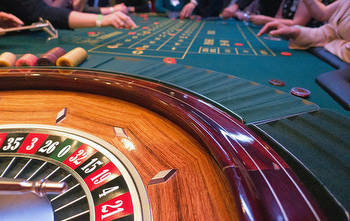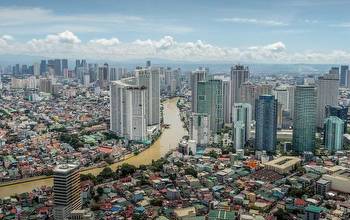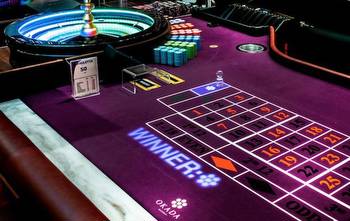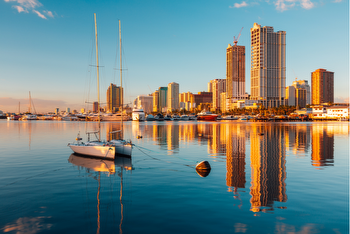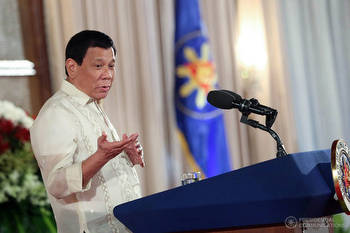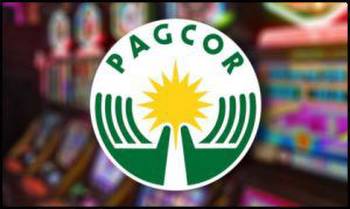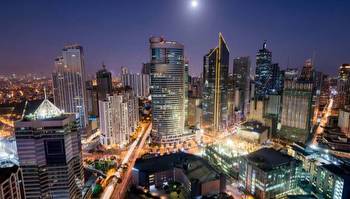Stricter policy on casinos
Billionaire Enrique Razon Jr. is leading the venture around the area where the once prestigious Puerto Azul Golf and Country Club in the municipality of Ternate is located.
In a disclosure to the Philippine Stock Exchange last week, Razon’s Bloomberry Resorts Corp. said it had signed an agreement with landowners to acquire 279 hectares in the area for P7.5 billion. Bloomberry is the operator of the Solaire Resort and Casino, one of the four gaming and resort complexes allowed by the government in the Entertainment City and the first to open in 2013.
Entertainment City is a Las Vegas like gaming and entertainment center proposed in 2007 by the state-run Philippine Amusement and Gaming Corp. (Pagcor) on a 100-hectare reclamation area with a view of Manila Bay. Investments in the project were earlier estimated to reach up to $15 billion, all coming from private companies.
The site has been declared an economic zone to entice investors with various tax incentives. Initially set back by opposition mainly from the Church, the Entertainment City was projected to catapult the Philippines as one of the world’s biggest gambling centers, joining the ranks of Macau, Singapore, and Las Vegas.
With gambling operations concentrated in one large area, people thought no more casinos would be allowed to operate elsewhere.
In fact, President Duterte ordered a moratorium on new casinos in 2018, an offshoot of earlier plans to build one on the world-famous Boracay Island. This was sadly lifted last year after the government scrambled for funds to finance efforts to contain the Covid-19 pandemic.
So even before the last of the four eligible companies in the Entertainment City could finish its project, Pagcor had allowed Razon’s Bloomberry to build a casino in Quezon City.
The project, called Solaire North in the Ayala-owned Vertis complex, is targeted to start commercial operations in 2023, despite strong opposition from civil society and church groups. Then, there is the $341-million integrated resort and casino in Cebu of Davao-based businessman and presidential friend Dennis Uy, the first outside Luzon that also met opposition from various sectors. And now Razon’s proposed casino complex in Cavite. Gambling has been known to breed a lot of financial and social ills, such as crime and prostitution. For instance, the decision of Mr Duterte to suspend online cockfighting games called “e-sabong” was based on a survey conducted by the Department of the Interior and Local Government (DILG), which found that e-sabong was taking a toll on “values” and causing a “negative impact” on Filipino families.
The DILG survey showed that 62 percent of the more than 8,000 respondents wanted to put a stop to e-sabong, 34 percent favored it to continue but under tighter regulation, and only 4 percent completely supported it. Among the reasons cited by the respondents for opposing e-sabong were “addiction to gambling, bankruptcy of players, indebtedness, cost to family, neglect of work and studies, and crime.” Pagcor was created in 1977 during the Marcos regime to combat the proliferation of illegal casinos around the country. It was given three mandates: regulate all games of chance, especially casinos; raise funds for social programs, and boost the tourism sector.








